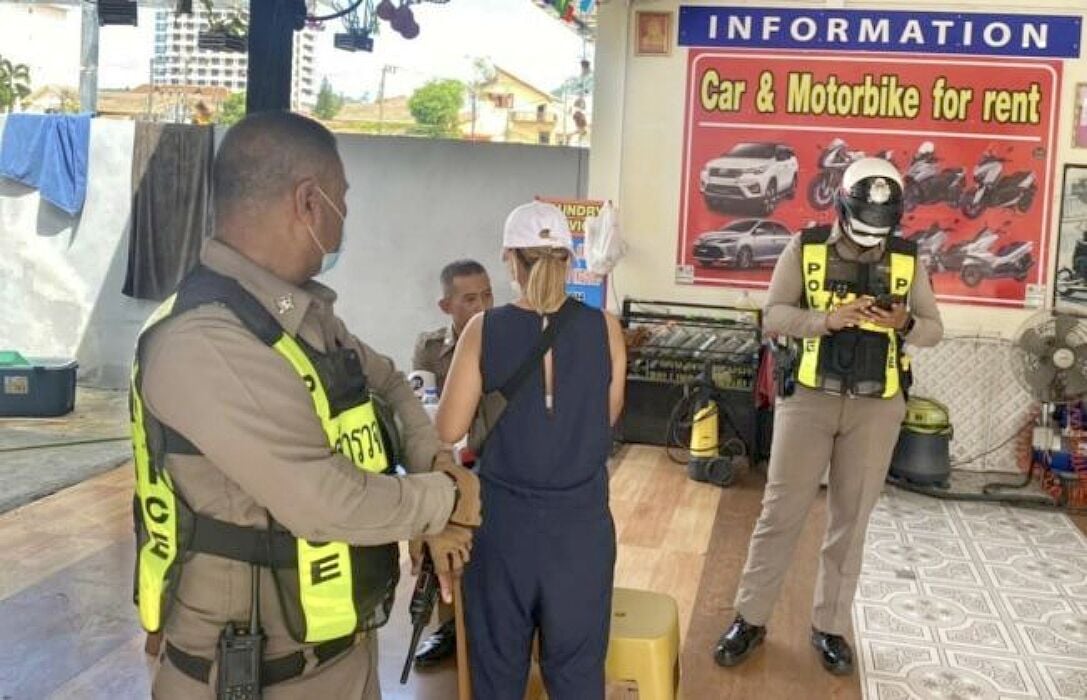Phuket immigration launches ‘red card’ system for wayward foreigners

Phuket immigration is launching a ‘red card’ system for wayward foreigners which will see them deported after two offences.
Praphansak Prasansuk, Commander of the Immigration Region 6 office, announced the system yesterday.
“Under the system, a foreigner will be designated a ‘yellow card’ for a first offence. The foreigner will be issued a formal warning and the relevant embassy will be notified.”
When the foreigner leaves the country after completing the current stay, he/she will be denied entry on the next visit due to their unlawful act that “caused trouble and behaved [in a way] that is a threat to society.”
If the foreigner is found guilty of a second offence during the same period of stay, Praphansak says the foreigner’s permit will be revoked and will be deported to their home country.
But, according to Phuket News, Praphansak did not specify what was considered an “unlawful act” or the level of crime committed that would be considered a first or second offence.
At the press conference, such offences as not wearing a helmet, dangerous driving, and not having the correct driver’s licence were mentioned.
Officials also announced recent arrests of foreigners, who were caught breaking the law, under the ‘Phuket Crime-Free’ campaign.
Meanwhile, over 7,000 Russians in Phuket are applying for visa extensions in a bid to stay in Thailand. Local immigration chief, Thanet Sukchai, says the great weather is one factor in their attempts to stay.
An average of 300,000 foreigners enter the island per month, with that number continuing to rise in lieu of the Covid-19 pandemic being considered mostly over.
As Russians hold the top spot in tourism numbers to Phuket, India, Kazakhstan, England and Australia visitors follow. Thanet says 31,128 foreign nationals are seeking to extend their stay in Phuket.
He says immigration police have adjusted to the influx of foreign visitors, launching a so-called “white accommodation” project. The project features crime and drug-free accommodation to ensure the safety of foreigners and residents.
Latest Thailand News
Follow The Thaiger on Google News:


























